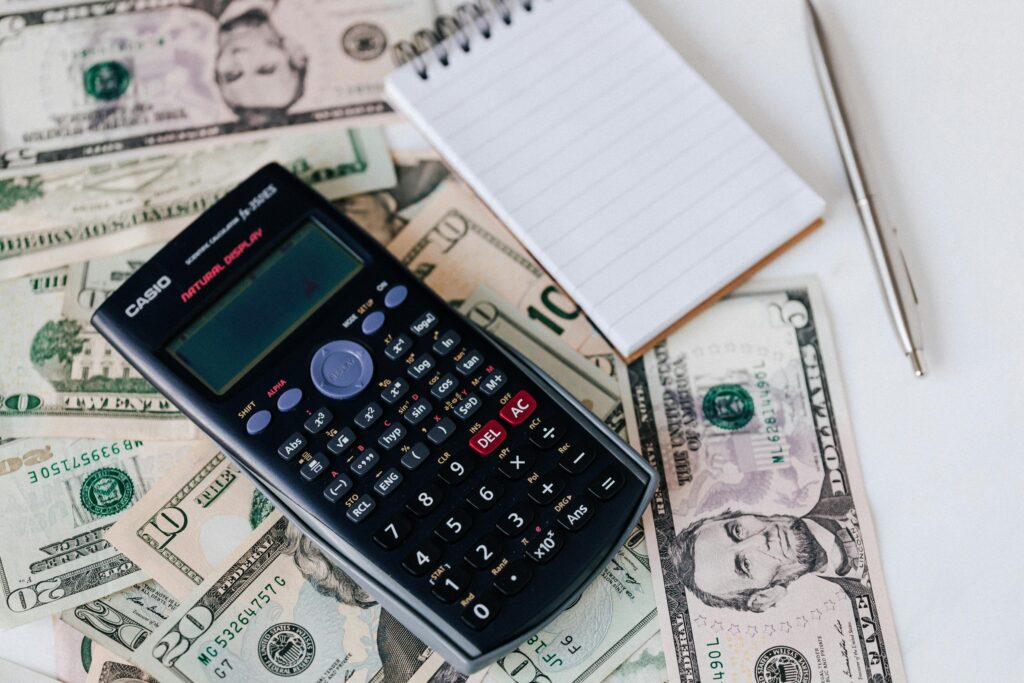What’s the quick answer for clients?
On September 25th, the U.S. implemented new tariff provisions under the new U.S.–EU Framework on Reciprocal Trade, including a 15% tariff on EU autos and parts, retroactive to August 1, 2025. Importers may qualify for refunds or adjustments, depending on U.S. Customs guidance.
What are the key insights?
- A 15% tariff now applies to EU autos and auto parts retroactively.
- Exemptions cover critical sectors like aircraft, pharmaceuticals, graphite, and rare earths.
- Importers with entries since August 1 may be eligible for refunds or adjustments.
- Automakers and suppliers gain short-term relief as higher tariffs were avoided.
- Ongoing U.S.–EU negotiations may still change trade dynamics in coming months.
Why does this tariff change matter for importers?
The retroactive tariff provision creates both risks and opportunities. Importers who entered qualifying EU auto products after August 1 must now account for potential duty liabilities—but also for refunds if tariffs were prepaid above the new rate. At the same time, exemptions for high-value sectors prevent disruptions in critical global supply chains.
How should importers respond to the retroactive tariff rule?
Importers should:
- Review all entries filed since August 1, 2025.
- Coordinate with their customs broker to determine eligibility for refunds or adjustments once Customs guidance is released.
- Maintain detailed entry documentation, as refunds typically require precise audit trails.
This proactive review can prevent unnecessary costs and position importers to benefit once formal refund processes begin.
What does this mean for auto and parts suppliers?
For automakers and suppliers, the 15% tariff—though significant—is lower than the higher rates previously under consideration. This clarity allows for more predictable cost planning. However, since the tariff applies retroactively, suppliers must reconcile past entries quickly.
What are the key takeaways?
- Tariff Rate: 15% applied to EU autos/parts, retroactive to August 1, 2025.
- Exemptions: Aircraft, pharmaceuticals, graphite, rare earths.
- Action Item: Review past entries and prepare refund claims.
- Impact: Relief for automakers and suppliers, but continued uncertainty as negotiations evolve.
FAQ
Will all importers get a refund?
Not necessarily. Refund eligibility will depend on Customs’ final guidance and the documentation importers can provide.
Why are some industries exempt?
Sectors like pharmaceuticals and aircraft are considered strategically essential, so exemptions help avoid disruptions in global supply chains.
How should logistics managers prepare?
They should monitor announcements from U.S. Customs, review tariff classifications, and adjust cost models for shipments impacted retroactively.







